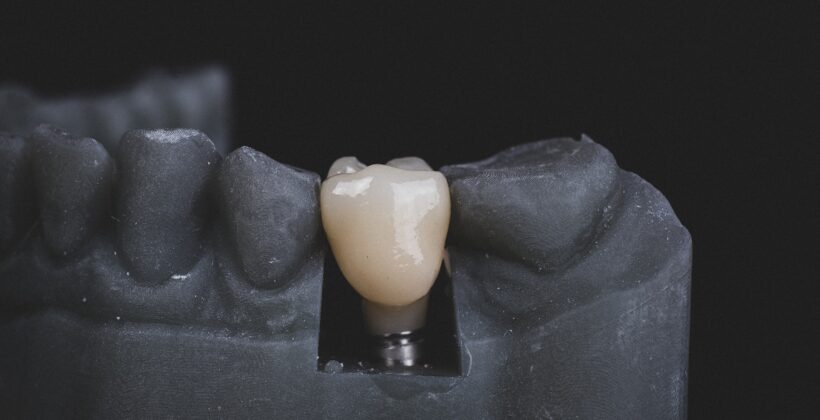Dental implants are a great restorative dentistry solution for most people who have lost one or more teeth due to decay, injury or periodontal disease. A dental implant is a metallic rod that a trained dental provider or oral surgeon surgically places into the bone tissue of the jaw. Once healed, the implant serves as a sturdy foundation for dental restorations. When it comes to this procedure, bad implants are rarely ever an issue.
Are you interested in exploring your tooth-replacement options in Lombard, IL? Contact Dental Care of Lombard today at (630) 629-5700 to get started on your smile journey with Dr. Julie Glud.
When done correctly, dental implants can last for decades and provide a natural-looking and functional replacement for missing teeth. However, there are cases where dental implants can fail or cause complications. In this blog post, we discuss signs of bad implants and what to do about them.
Common Signs of Bad Implants
The most common signs of bad implants include:
Pain and Discomfort
One of the most common signs of a bad dental implant is pain and discomfort. If you experience any pain, soreness, or discomfort in or around the implant site for longer than one week post-op, contact your dentist immediately.
Swelling and Inflammation
Swelling and inflammation around the implant site can also indicate a problem with the implant. Contact your dental provider if swelling gets worse or does not begin subsiding after 72 hours.
Loose or Shifting Implant
Good implants feel stable and secure, even when chewing or biting down. If they feel loose or wobbly, it is a sign of bad implants, which warrants urgent attention.
Gum Recession
If you notice that your gums are receding around the implant site, it could be a sign of peri-implantitis. This is a condition that occurs when bacteria accumulate around the implant and cause inflammation and bone loss.
Dental Implant Fracture
Although dental implants are incredibly strong, they can still fracture or break. If you experience sudden pain or notice that the implant has cracked or fractured, it’s a sign of bad implants and requires immediate attention.
What to Do About Bad Implants
If you suspect that you have a bad dental implant, it is crucial to seek dental care as soon as possible. A dentist can perform a thorough evaluation to determine the cause of the problem and develop a treatment plan to address it.
Depending on the severity of the issue, your dentist may recommend one or more of the following options:
- Antibiotics
- Bone Grafting
- Implant Removal
- Peri-Implantitis Treatment
- Implant Restoration
Long-Lasting Dental Implants in Lombard, IL
For the most part, dental implants are a wildly successful tooth-replacement treatment (nearly 90-95% effective, even after a decade!). However, they are not without their risks. If you would like to avoid bad implants, education is key.
So, learn more about your options today! Call Dental Care of Lombard at (630) 629-5700 or send us a message online here to request information and appointments.

